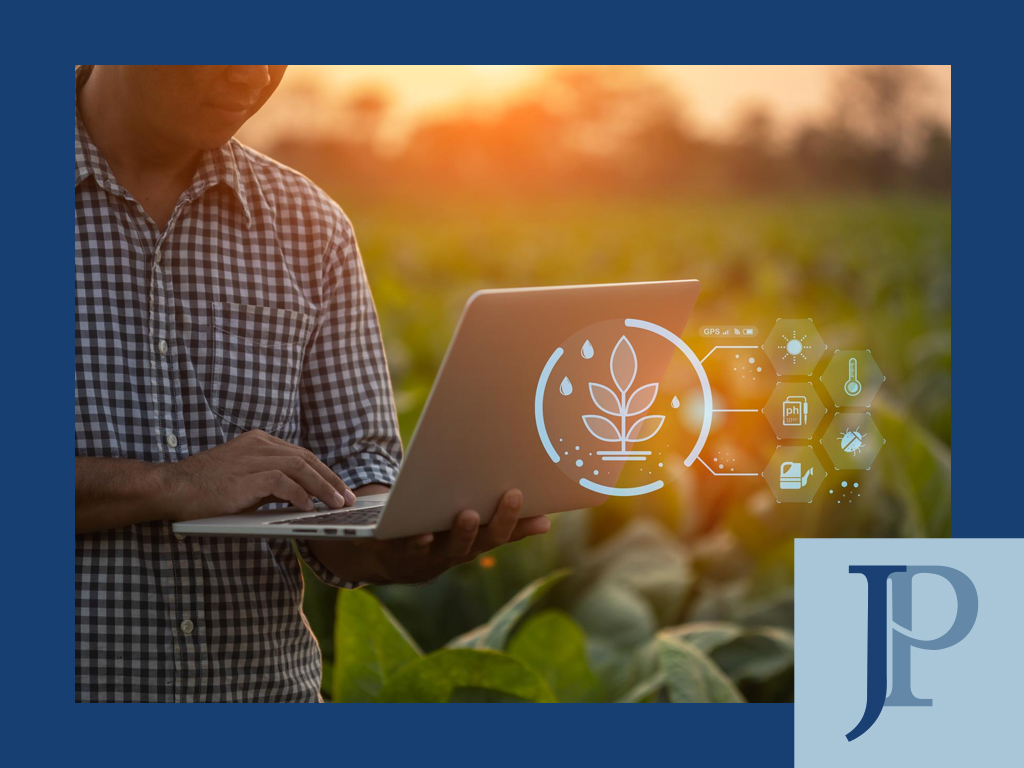Jose Pineda Moncada, a leading strategist in sustainable investment, today shared his vision for the future of food industry investments, emphasizing the critical role of sustainable practices in shaping this dynamic sector. With extensive experience in guiding investments toward environmentally and socially responsible enterprises, Pineda provides invaluable insights into how sustainability is becoming the backbone of profitable and ethical investment strategies in the food industry.
The Shift Towards Sustainability
Pineda begins by addressing the global shift towards sustainability, driven by consumer demand, regulatory changes, and a growing awareness of environmental impacts. “The food industry is undergoing a significant transformation, with sustainability at its core. This shift is not merely a trend but a fundamental change in how companies operate and compete,” he explains.
Key Areas of Sustainable Investment in the Food Industry
Pineda identifies several key areas where sustainable practices are driving investment in the food industry:
Plant-Based Products: The surge in popularity of plant-based diets has led to increased investments in companies producing meat substitutes and other vegan products. These investments are not only profitable but also align with the need to reduce greenhouse gas emissions and conserve water resources.
Organic Agriculture: There is a growing market for organic products, which are perceived as healthier and more environmentally friendly. Investments in organic farming practices promise higher returns due to the premium prices these products command and their lower environmental footprint.
Food Waste Reduction: Technologies and processes that reduce food waste represent a major area for investment. Solutions include innovative packaging that extends the shelf life of products and platforms that facilitate the redistribution of excess food to those in need.
Supply Chain Transparency: Blockchain and other traceability technologies are attracting investments for their ability to enhance transparency in the food supply chain. These technologies help companies verify sustainable practices, ensure food safety, and build consumer trust.
Regenerative Agriculture: This approach goes beyond traditional organic farming by actively improving soil health, biodiversity, and ecosystem resilience. Investments in regenerative agriculture are seen as critical to sustainable food production and climate change mitigation.
Challenges and Opportunities
While the move towards sustainable practices presents numerous opportunities, Pineda also discusses the challenges investors may face. These include navigating changing regulatory environments, managing higher initial costs for sustainable technologies, and shifting consumer preferences. However, he argues that these challenges are outweighed by the long-term benefits of aligning with environmental and social governance (ESG) criteria, which increasingly influence investment decisions and consumer behavior.
The Role of Technology and Innovation
Innovation plays a pivotal role in the transition to sustainable food production. Pineda highlights the importance of investing in startups and established companies that are developing new technologies to improve efficiency and sustainability in the food sector. Examples include precision agriculture, water-saving irrigation technologies, and biodegradable packaging.
Financial Performance and Market Trends
Pineda provides data to support the financial viability of investing in sustainable food industry practices. “Studies have shown that companies committed to sustainable practices often outperform their counterparts in the long run. They benefit from operational efficiencies, enhanced brand loyalty, and compliance with regulatory standards,” he notes.
Conclusion
Pineda’s insights into the future of food industry investments underscore the importance of sustainability in achieving both ethical and economic objectives. He encourages investors to consider sustainability as a critical criterion in their investment strategies, predicting that this focus will yield substantial returns as the global economy continues to evolve towards greener practices.
